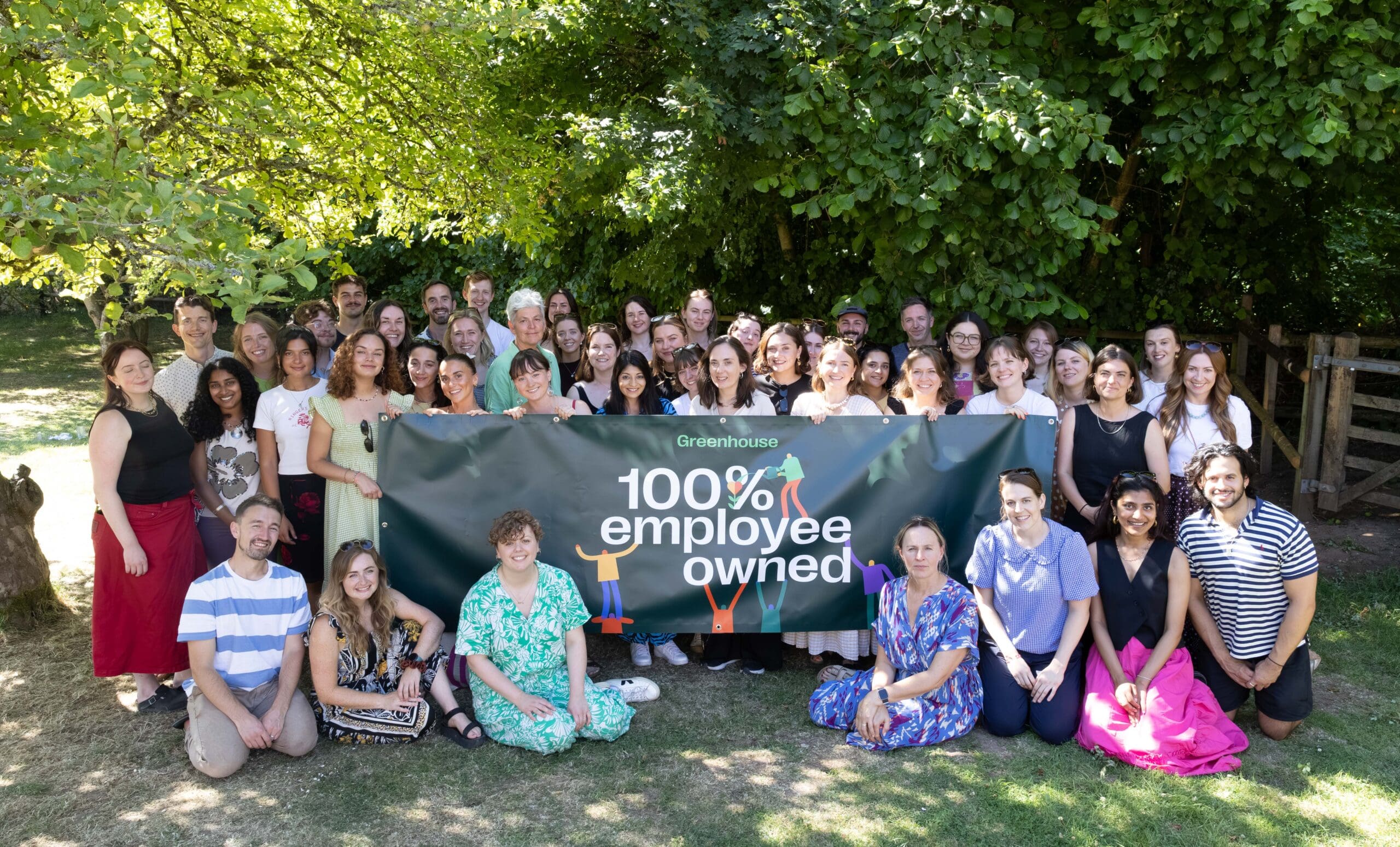Turning the tide on plastic period waste

To mark the start of #PlasticFreeJuly, Natracare, the UK’s leading plastic-free period brand, has joined forces with the Marine Conservation Society to reveal the shocking environmental impacts of plastic period waste on the UK coastline.
An anti-plastic protest march took place on Brighton beach yesterday to raise awareness of the harmful impacts of period waste on our marine environment. Millions of conventional period products containing plastic and chlorine are being flushed down the toilet every single day and ending up in our rivers and seas.
Susie Hewson, founder and CEO of Natracare, the first company in the world to provide plastic-free, certified organic cotton tampons and natural and organic sanitary pads and liners, said:
“30 years of campaigning for and developing environmentally compatible menstrual products, has led to this perfect storm of actions to reduce plastic entering landfill and our oceans. By choosing plastic-free, women have the power to help protect the environment and their own health. Join the plastic free revolution and celebrate your #PeriodPower.”
Greenhouse worked with Natracare to devise an attention-grabbing experiential campaign supported by shareable social assets including a film and infographic. The protest event page was shared with environmental and women’s groups across Brighton who embraced the theme and pledged their support, including the Women’s Environmental Network, Women’s Institute, Friends of the Earth, the University of Brighton and City to Sea.
Top 5 (un)sanitary statistics
1. Around 700,000 panty liners, 2.5 million tampons and 1.4 million sanitary towels are flushed down the toilet every day.
2. Over 20,000 tampons, applicators and sanitary pads have been collected by MCS litter pickers during a decade of beach cleans.
3. One pack of sanitary pads contains the same amount of plastic as four carrier bags.
4. One conventional sanitary pad takes around 500 years to break down.
5. Traditional period products contain chlorine which pollutes our waterways.
The data and assets have been shared by The Independent, Huffington Post and Sky News Radio with more coverage in the pipeline for the remainder of #PlasticFreeJuly.
Natalie Fee, founder of campaign group City to Sea, commented:
“It’s fantastic to see the movement towards plastic-free period products gaining momentum. Whilst periods can be messy and complicated, making them plastic-free isn’t! People are looking for ways to reduce their plastic footprint – using plastic-free period products is a simple, effective and affordable way to do it.”

So, what can you do?
1. Never flush period products down the toilet.
2. Choose plastic free period products.
3. #GOplasticfree this July.


